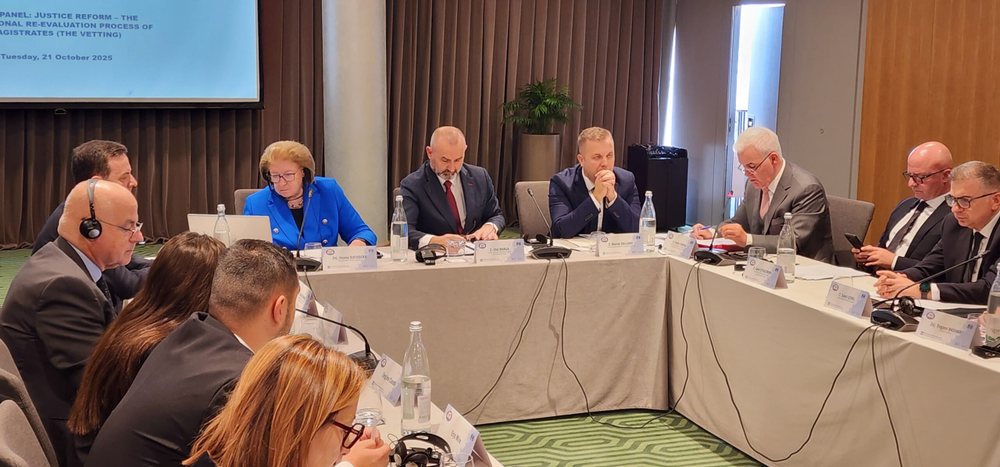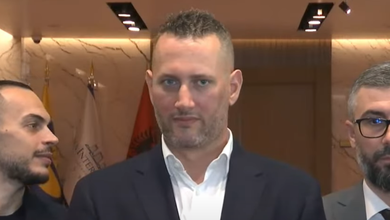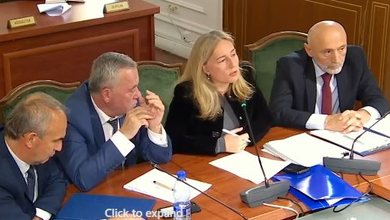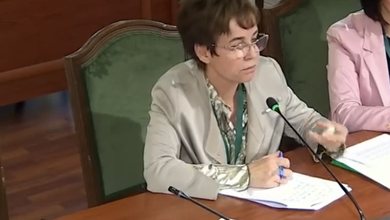
In the hall where the Conference on the theme “30 years of partnership and progress: Albania, the Council of Europe and the Venice Commission” was held, the atmosphere was more like a seminar on beautiful memories than a debate on the still open wounds of Albanian justice. The guests – from heads of justice institutions, academics, former ministers, to MPs with a predisposition to read drafts prepared in advance – each tried to give their own version of the reform that, after nine years, still seeks to justify its existence.
The President of the Supreme Court, Sokol Sadushi, was perhaps the most realistic voice of the conference. He admitted that the justice reform has not failed, but has “slowed down” — not for lack of laws, but for a lack of will to implement it with the same idealism that was built. “Albanian justice must show prudence,” he stressed, adding that the establishment of new institutions is not the end, but only the beginning of the reform. According to him, its implementation has been accompanied by difficulties related to the completion of the body of magistrates, the lack of coordination between institutions and limitations in the interpretation of the law. A gentle way of saying that Albanian justice still cannot run without a handle.
Amidst the protocol greetings, Fatmir Xhafaj did not hide his annoyance. “I am sorry that I do not see representatives of the KLGJ, KLP and SPAK here,” he said, silently reminding us that without the presence of these institutions, any discussion on justice reform remains a conversation about a house that we talk about repairing, but where no master is present.
The President of the Venice Commission, Hanna Suchocka, maintained the diplomatic tone befitting her role. She praised Albania’s progress in reforming the judicial system, calling it “a major step on the path to consolidating justice.” A statement that, like any European assessment of Albania, can be translated as “go ahead, but don’t be too hasty.”
At the end of the conference, as Ulsi Manja declared the conference closed, from the back rows Gjin Gjoni interrupted him with an ironic remark: “Mr. Manja, we need discussions at this table from the rest of us as well.” Manja replied in a firm tone: “In the committees, in Parliament, not here.”
While Gent Strazimir from the opposition, from the beginning of his speech seemed exalted, he began with the phrase: "I am privileged to be speaking," giving the feeling that the greatest privilege in this conference was the very right to be heard, more than to say something new.
In summary, the conference on “30 years of partnership and progress” was more a sign of nostalgia for the idealism of the past than an analysis of today’s crisis. Justice reform remains a child that grew up too quickly, but that still cannot walk without the hand of its guardians. And while everyone tries to adopt it as a merit, justice continues to wait — no longer reform, but will.






















